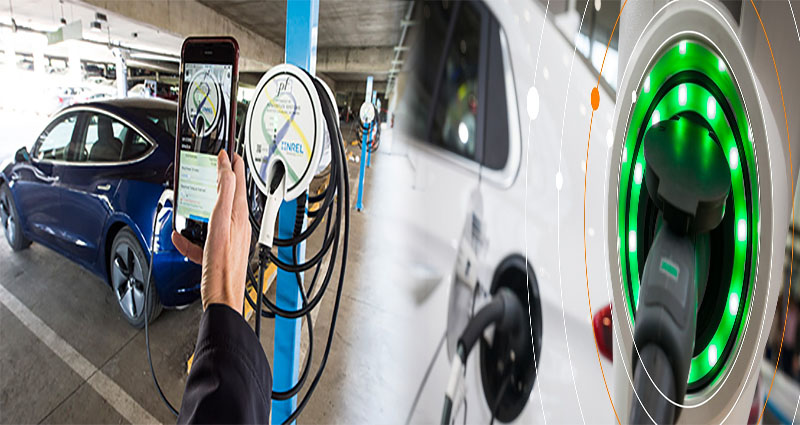As the world continues its shift towards sustainable and environmentally friendly alternatives, electric vehicles (EVs) have emerged as an increasingly popular transportation option. However, the widespread adoption of electric vehicles remains a complex challenge, influenced by multiple factors, including government policies. The policies put in place by national and local governments can significantly impact the adoption of electric vehicles. Let’s delve into the various ways in which government policies impact electric vehicle adoption.
Incentivizing Electric Vehicle Purchases
One of the most significant ways that governments impact electric vehicle adoption is by offering incentives to encourage EV purchases. These incentives can take various forms, such as tax credits, rebates, and reduced registration fees for electric vehicles. Government incentives can significantly reduce the upfront cost of purchasing an EV, making them more financially accessible and appealing to consumers. Incentives have proven to be effective, with countries that offer such policies having higher EV adoption rates than those that do not.
Building Charging Infrastructure
Building charging infrastructure is another way that governments impact electric vehicle adoption. Access to reliable charging infrastructure is essential for the wide-scale adoption of electric vehicles. Governments can invest in the development of charging infrastructure, ensuring that they are situated in areas where EV users need them. Policies can also mandate that new buildings or constructions must include adequate charging infrastructure.
Setting Emission Standards
Governments can also play a significant role in electric vehicle adoption by setting emission standards for vehicles. The implementation of strict standards for tailpipe emissions has a direct impact on automakers’ strategies, influencing the production of electric vehicles. Regulations set by governments can create a level playing field and encourage electric vehicle manufacturing as a more viable option to traditional gasoline-powered engines.
Supporting Research and Development
Supporting research and development in the electric vehicle industry is critical in moving towards mainstream adoption. Governments can finance EV research, provide grants to EV startups, and provide affordable loans to businesses developing EVs. By helping to move the industry forward, governments can create a more competitive market and accelerate the adoption of electric vehicles.
The impact of government policies on electric vehicle adoption is significant and multi-faceted. Government incentives, building charging infrastructure, setting emission standards, and supporting research and development are all essential policies that enable EV adoption. Governments must integrate policies to create comprehensive strategies. By integrating such policies, governments can create an environment where electric vehicles are more affordable, chargeable, and accessible. These policies, combined with the efforts of industry leaders and sustainable energy advocates, can accelerate the adoption of electric vehicles and set the world on a path towards a cleaner, sustainable transport system.










